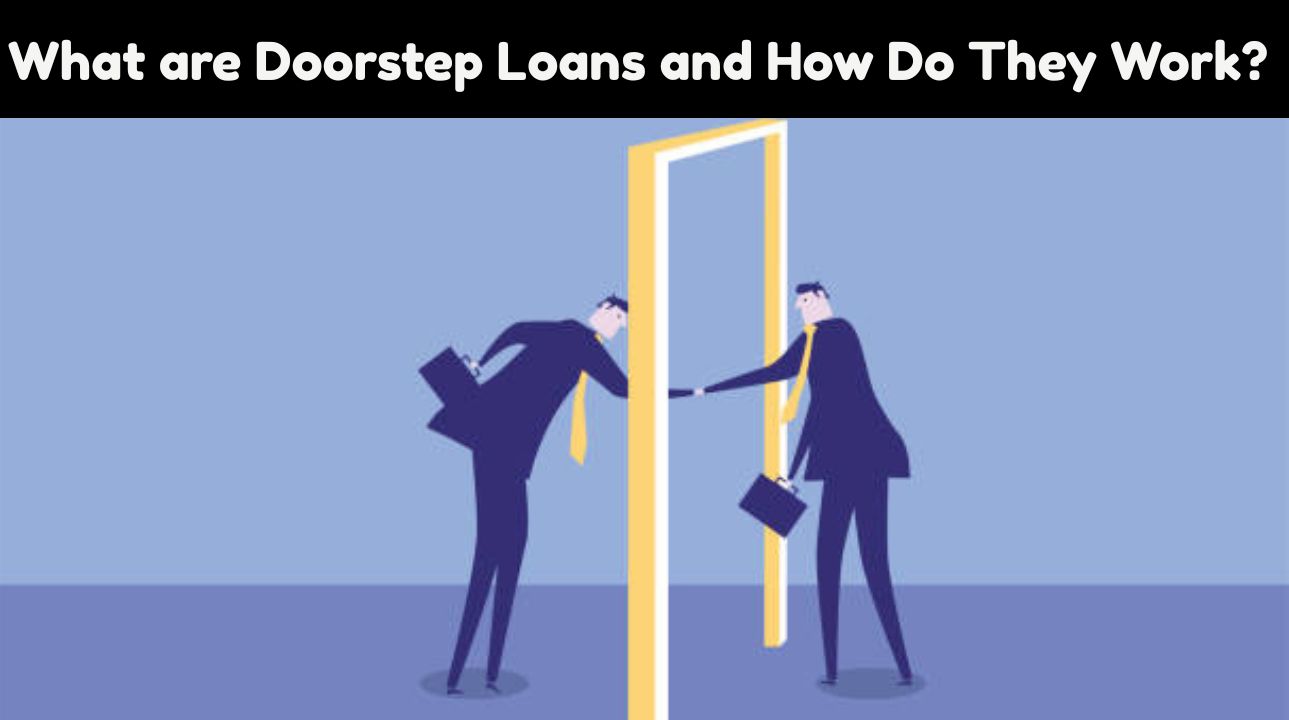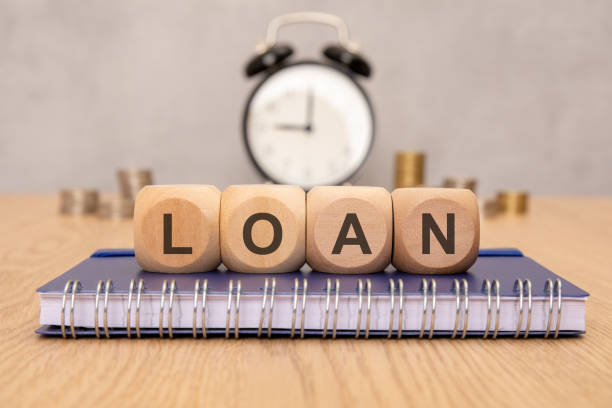
John Brown, during an interview with a financial advisor of CashFacts, Cassandra Smith, recalls his unexpected layoff last year in October. “All details are ingrained in my memory,” he said. “It was a pleasant, warm, sunny morning when my boss called me in his cabin and asked me to get the papers, and that came into effect immediately.”
“I was stumped,” he continued, “because I had recently become the father of a girl child. My savings had already been drained in hospital expenses. My wife’s company had a policy to offer 2 weeks leaves after your baby is born, but she had to extend her leaves and they were unpaid. I knew my financial health was at risk.”
“Until my wife and I bounced back, I had to rely on a direct lender personal loan to get by,” said John. “Unfortunately, it was not too easy to qualify for a personal loan during unemployment. My problems escalated.”
John Brown was far from alone and suffered difficulty qualifying for a loan during unemployment.
Why do you face complications to qualify for a loan when you are out of work?
An affordability check is a must to be eligible for a loan. Your lender will run a credit check to know your past payment behaviour. Of course, your chances of borrowing are bleak when you missed payments and made a default in the past. In addition, your lender will check your repaying capacity. With a steady income source, you can prove that you will not miss payments.
When you are out of work, your lender cannot be sure about your repaying capacity. It will be complicated for them to understand how much your budget has the scope to pay for the debt. “You can borrow money despite unemployment if you have a passive income source,” says Cassandra Smith.
A passive income source can be:
- Rental income
- Freelance income
- Part-time income
- Side gig income
If you do not have income from a side gig, some lenders will consider benefits as your income. However, it can be very expensive. Your benefits will not be enough to cover additional payments of your debt.
You should carefully weigh your repaying capacity so you do not fall into debt. Most lenders would require a passive income source to lend you money when you are out of work. “There is no guarantee that you will get the nod when you have a steady income source,” says Cassandra.
Your credit score should be good. A good credit rating proves that you will not miss payments. A few lenders can approve loans for the unemployed with bad credit and no guarantor, but they will charge very high interest rates.
How to improve your chances of borrowing money during unemployment
“You can come across unexpected expenses at any time in your life,” says the CashFacts financial advisor. “When you are out of a job, you will be dependent on your savings as well to get by.” Your benefits combined with savings may fall short when you come across an unforeseen expenditure. So, you will need to borrow money. Here is how you can improve your chances of borrowing money when you are out of work.
- Use a credit card
A personal loan is a suitable alternative only when you have a passive income source and a good credit score. Your lender will turn you down if you fail to meet the criteria of affordability checks.
If you do not need a larger sum, you can use your credit card. You can avoid interest by clearing the balance in full on the due date. Credit cards are not recommended when you are not sure about lump sum payment capacity. You will end up paying a lot higher interest than that of personal loans if you are past the grace period.
- Offer your lender collateral
Secure your loan against collateral. Lenders will not generally seek any security, but you can ask them if they let you do so. A lender has the right to seize your collateral to recover their money from it in case of a default.
Your lender will let you know what collateral they will expect of you. In most of the cases, it is your home. “While securing your loan, make sure you will be able to repay the debt on time. Otherwise, you will lose your collateral,” says Cassandra Smith.
- Arrange a guarantor or a co-applicant
“Putting down collateral can be a bit risky for you,” says Cassandra. “You should try to arrange a guarantor who has a good credit score.” A guarantor will be responsible for paying off the debt when you make a default. Since everybody knows the consequences of acting as a guarantor, nobody will enter into a contract with you.
Arrange a co-applicant. “Your spouse or any other family with a good credit report can be your co-applicant. It means both you and your partner will be responsible for paying off the debt,” says the financial advisor. If one of you refuses to pay down, the other will be responsible for making the full payment. Note that you both will face the consequences.
- Credit union loans
Loans from credit unions are available at low-interest rates. You will have to meet the criteria credit unions have set for lending. Although interest rates will be lower than that direct lenders charge, you should still carefully weigh up your repaying capacity.
The bottom line
It can be difficult to get the nod for a loan when you are out of work if your credit score is bad and you do not have a passive income source. You should consider using a credit card if you need a small sum and you are sure that you will settle the whole balance.
You can take out a secured personal loan. Arrange a guarantor or apply with a co-applicant. Loans from credit unions are way affordable. Consider applying from them, too. It is always suggested to have enough savings to get by until you land a new job.

Jessica Rodz is the Senior Content Writer at Cashfacts. She has a long career in the field of content writing and editing. Jessica has the expertise in the UK lending marketplace where she has worked with 7 different lending organisations and acquired many responsibilities from preparing loan deals and writing blogs for their websites.
At Cashfacts, Jessica is managing a team of experienced loan experts and doing a major contribution in guiding the loan seekers via well-researched blogs. She has done graduation in Business (Finance) and now currently doing research papers on the UK financial sector.





